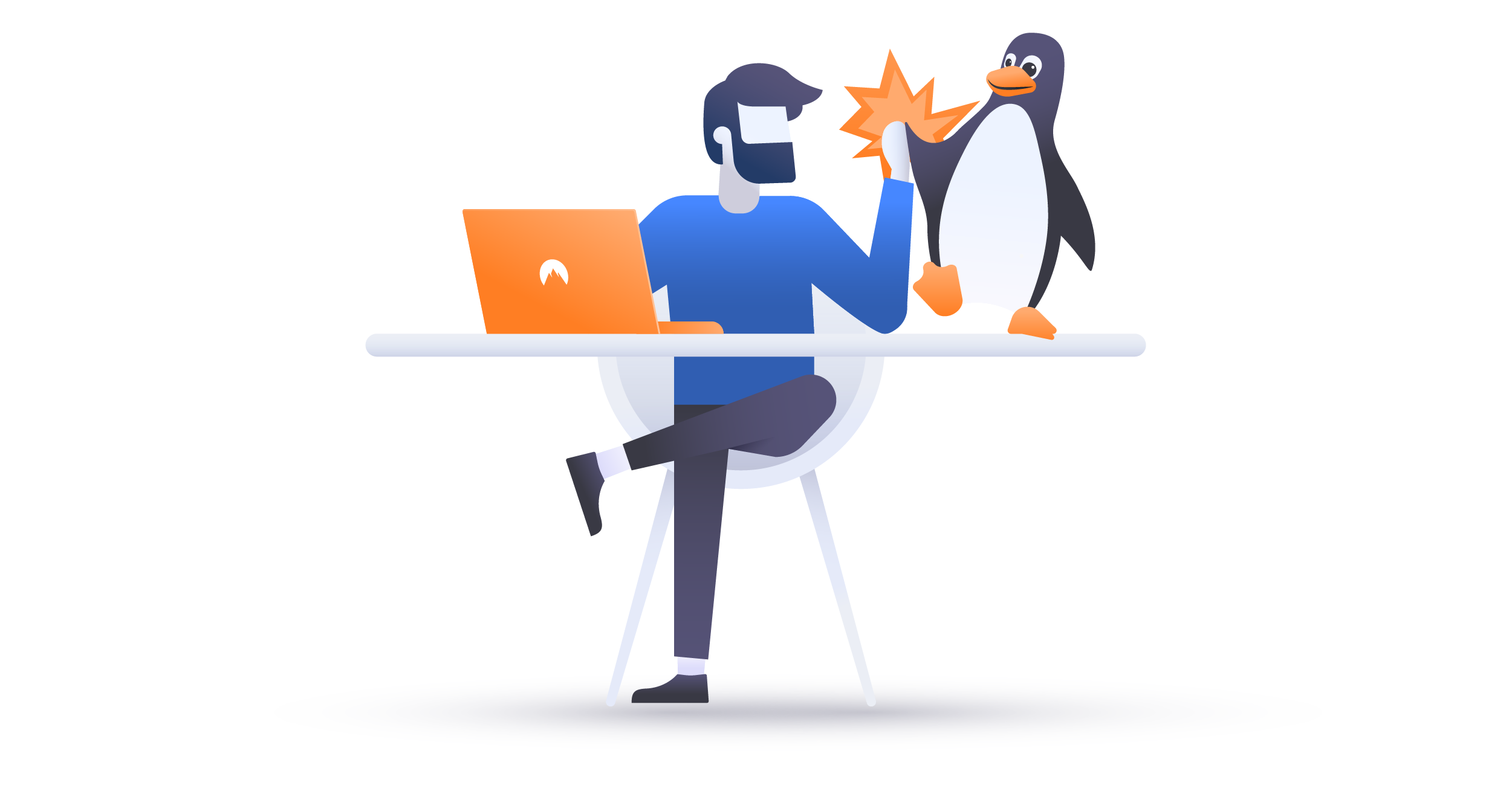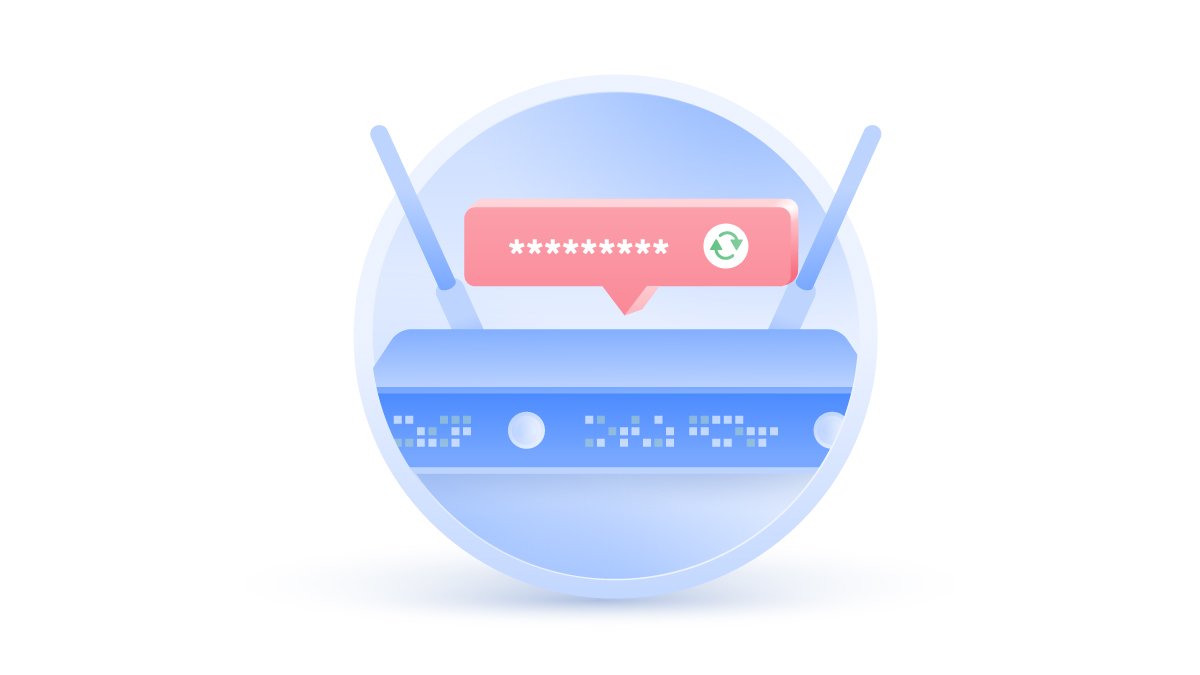Despite how expensive health insurance is in the U.S., health insurance companies are looking for new ways to raise your costs or exclude you from coverage altogether. They’re using the power of big data to squeeze out every penny you’ve got, but there are still ways to fight back.
Getting billed before you get sick
In the hit movie Minority Report, we see a world in which people can be arrested and punished for pre-crime. Gifted children who can see the future are used to witness crimes before they happen, allowing authorities to arrest perpetrators before they commit any crimes.
Hovercars and prophetic children are still in the realm of sci-fi (for now), but predictive analytics is real. This is the use of historical data to predict actions or trends among groups or individuals in the future.
This concept is nothing new, and health insurance companies have been using it for a while. However, the data they used has been limited to information that we naturally assume them to have access to – case reports, medical histories, etc. Now, they want to extend their influence into our daily lives. They want to collect and use data that you never thought could be used against you to exclude you from healthcare or increase your insurance costs.

Imagine if your insurance costs could go up because your insurance company found out you:
- Watch more than an hour of TV a night;
- Drink more than two servings of beer per week;
- Work in an office and don’t have time for exercise;
- Are trying to have a child;
- Recently had a stressful breakup;
- Live in a high-risk neighborhood.
As NPR’s report on the subject puts it:
“The companies are tracking your race, education level, TV habits, marital status, net worth. They’re collecting what you post on social media, whether you’re behind on your bills, what you order online. Then they feed this information into complicated computer algorithms that spit out predictions about how much your health care could cost them.”
How they’ll get your data

We all know that Big Data means big money, but who pays for all that data? One of those wealthy clients might be your insurance provider.
The NPR report helps reveal how this is taking place – right out in the open. There are large conventions where data brokers and health insurance companies rub shoulders and sales representatives shrug dismissively at the suggestion that their data might be used to set prices and exclude users. Getting the data is the easy part. The hard part is doing so quietly and preventing a public backlash.
These are the two main sources of data your health insurers are looking for:
- Social media. During the Cambridge Analytica scandal, it was revealed that Facebook had approached hospitals with offers to supply data so the hospitals could improve their care. Supplying data to health insurance companies is a short hop away from supplying it to hospitals. Other social media networks could easily follow suit.
- Internet Service Providers. We also know that ISPs make a business of selling our data. Whether it’s selling your browsing data (that’s not a conspiracy theory, it’s a fact) or your location (as we saw in the Securus scandal), they have no problem selling their data to anyone willing to pay up.
Genetic data could also offer a wealth of information to health insurance providers. Fortunately, that data (if identifiable) is currently illegal to access and use in the US. Life insurance providers, however, can access it. In 2016, FastCompany published the story of a woman whose otherwise clean life insurance application was rejected due to her genes. There’s also no telling how that data might be used in the future.
23andMe, one of the leading genetic testing and genealogy companies, recently provided pharmaceutical giant GlaxoSmithKline with access to their trove of genetic data as part of a $300 million research deal. Their customers have to opt-in as part of that deal, and the data will be used to develop new drugs, but the company has openly said that it will look for new ways to monetize genetic data in the future. According to 23andMe board member Patrick Chung, “The long game here is not to make money selling kits, although the kits are essential to get the base level data. Once you have the data, [the company] does actually become the Google of personalized health care.”
Health insurance companies can use both anonymized data and data that they can link to you. The anonymous data can be used to make inferences about the behavior of different populations, while individual data can be used to compare them to the population and decide how to charge them or what service to deny them.
Why is big data health insurance a problem?

We know how insurance companies can use your data and how they can get it. What will that mean for you?
- Your costs may rise for no reason. Health insurance companies could use your data to predict the chance that you might fall ill. Imagine that a certain activity you enjoy makes you 40% more likely to get heart disease. By scanning your Facebook posts, your provider sees the activity you do and raises your rates. Do these companies have the right to invade your private life looking for ways to make more money at your expense – even if you aren’t actually at risk?
- You may be rejected service for pre-existing conditions that you don’t have yet. Predictive analysis using your social and internet data can lead health insurers to the conclusion (accurate or not) that you may soon be at risk for a certain disease. They may then decide that it’s not worth insuring you at all. Insurance companies will welcome any tool to help predict the appearance of costly conditions before they are even detected.
- Entire regions may be written off as too risky. If you belong to any large social category that exhibits a high risk for certain diseases, you may be rejected or overcharged despite having a good health record yourself. This can mean your ethnicity, religion, or even geographical locations. This has been true up until now as well, but new data sources can give health insurers easy access to demographic data in greater amounts and greater detail than ever before.
These practices may sound ruthless, but they have been used for ages. Signing up healthy patients is called cherry picking, while the act of excluding at-risk patients is called lemon dropping. The only difference is that new mountains of data will make this practice easier than ever.
M.D. Mary O’Connor explains the issue from a medical practitioner’s perspective on clearhealthcosts.com:
“The dirty little secret of current medical payment changes is doctors and hospitals now have a financial incentive to not provide care for some patients, those who put the providers at higher risk of financial penalties. We call this phenomenon cherry-picking and lemon dropping.”
There are other problems, too. Insurance companies are juicy targets for malicious hackers. Insurance companies already host some of the most sensitive data you could possibly have. Combining that with individually identifiable data makes your insurance company a hacker’s one-stop shop for identity theft. And they do get hacked.
How can I stop insurance companies from getting my data?
Unfortunately, there’s no easy answer. Analysts can use almost any aggregated data about you and people like you to perform predictive analysis or to compare you to profiles they already have.
The best thing is to change your perspective on data and reduce your data footprint in every way possible. Many people shrug off the growth of big data, saying “so what if these companies have my data? There are worse things in this world than ads.” You may not have known, however, that your growing data footprint can cost you your health.
Here are some tips for ways to reduce how much they know about you:
- Check your social media settings. Social media is one of the biggest aggregators of our data, which means that changing your usage habits here can go a long way towards keeping your data out of insurers’ hands. Don’t give them any data unless you absolutely have to. Use your settings to give them as little data as possible. Here are some tips on how to improve your social media privacy.
- Switch to services and apps that don’t track your data. Sometimes, changing your security settings won’t be enough. Data collection is part of the contract when it comes to many popular free services, but there are often privacy-oriented alternatives available.
- Use NordVPN. As we mentioned, ISPs are one of the most significant players in the data industry. Because your internet traffic goes through them, they can track what you do and sell that data to insurers. NordVPN, however, can stop ISPs dead in their tracks by encrypting your traffic. All they’ll know is how much data you’re using, not what it says or where it’s going. Click here to find out what else NordVPN can do for you.
- Discuss your data security with medical experts. The laws governing how your private medical data is used can vary from country to country or state to state. Consult with your doctor or another medical expert who can help you understand where your data goes. They may be able to share specific insights about how you can keep your information as private as possible.
- Change your outlook on sharing data. Here’s a common bit of internet wisdom that bears repeating – if it’s free, you’re not the customer, you’re the product. Remember that whenever you use a convenient, well-made, and free service. Once that’s clear, start asking yourself – Once you know that your data is being sold, do you really want to share that photo? Do you really want to share that post about your financial troubles or that new jetski you bought? Is there perhaps a more secure and private channel where you can share that info?
There are many ways to help reduce your data footprint, and many of them aren’t easy. One is though – you can get NordVPN right now to prevent ISPs from collecting and selling your data.




